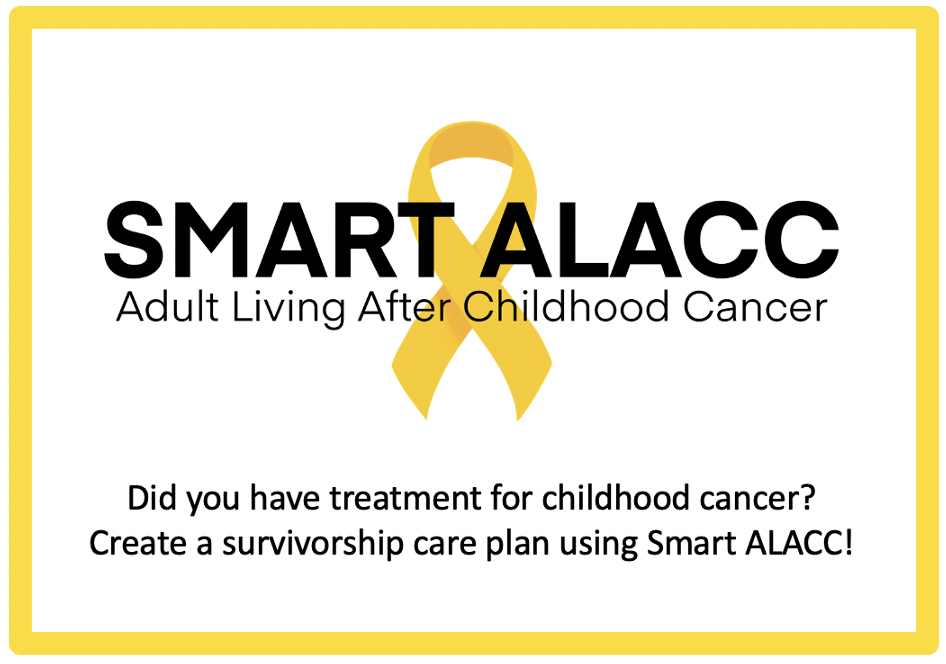Hand-Foot Syndrome
Table of Contents
What is hand-foot syndrome (HFS)?
Hand-foot syndrome (HFS) is a skin reaction on the palms of the hands and/or the soles of the feet. It can be caused by some chemotherapies. It may also be called acral erythema, palmar plantar erythema (PPE), or Burgdorf reaction.
HFS can start as a feeling of tingling or numbness in the palms and/or soles. It can lead to swelling, redness, peeling skin, and tenderness or pain. Your hands and/or feet can blister, which can then get infected. These blisters can be very painful and can interfere with daily activities. It is very important to talk to your provider as soon as you have any symptoms of HFS. Most patients who get HFS get it within the first few weeks of treatment, but it can also happen after being on the medication for many months.
What causes HFS?
It is not known what causes HFS. Some researchers think it is from small blood vessels in the palms and/or soles breaking. The breakage could be due to pressure, or increased temperature. Chemotherapy travels through your blood and could affect the tissues where the blood vessels have broken. Research continues to find out the exact cause of HFS.
How can I prevent HFS?
There is no medication or treatment to prevent HFS. It is best when it is diagnosed early so your provider can change your chemotherapy dose to prevent it from getting worse. Many studies have shown that lowering the dose of chemotherapy to relieve HFS does not lower how effective the treatment is. While there are no guidelines to prevent, HFS, there are some things you can do:
- Avoid tight-fitting clothing (socks, stockings) or tight shoes. Wear loose, comfortable shoes when going out and slippers around the house. Do not go barefoot.
- Avoid activities that rub the skin or put pressure on the palms or soles for one week after treatment (or as often as you can if you are on a daily medication). Some examples are:
- Washing and putting pressure on your hands and feet.
- Running.
- Jumping.
- Aerobics.
- Taking long walks.
- Working with garden or repair tools (i.e. shovel, screwdriver, hammer).
- Chopping food.
- Use a moisturizer on your hands and feet often, but gently to avoid rubbing the skin too hard. Try using a good amount of moisturizer at bedtime and wear a loose pair of cotton gloves or socks to bed to help the lotion soak into the skin. Avoid any lotions or creams that have perfumes, alcohol, or glycerin.
- Avoid hot water such as a hot tub, steam room, hot bath, or shower, or when washing dishes. Use warm water to shower or bathe and keep showers/baths short. Use tepid water when washing dishes. Do not use rubber gloves to wash dishes as they can cause further irritation by holding heat against your palms.
- Avoid sun exposure as your skin is very sensitive to the sun while on treatment. You can get sun exposure just sitting near a sunny window! Wear SPF 30 or higher daily or wear long-sleeved shirts and pants.
- Using ice packs on the palms of the hands and soles of the feet during the infusion of some chemotherapy medications may help prevent HFS. Ask your provider if you should do this for your treatment.
How is HFS treated?
The first and most important step is to tell your care team right away if you notice any numbness, tingling, redness, peeling, swelling, or pain. Your provider may stop your chemotherapy for a short time so your skin can heal, but in many cases, just reducing the dose is enough. There are some things you can do that can to help manage the pain or help HFS heal faster:
- Soaking the hands and/or feet in cold water or applying ice packs can ease pain and tenderness. Use a bag of frozen peas or corn, as these can mold to the shape of your hand or foot. Do not keep the cold on for more than 15-20 minutes at a time. If you have any numbness check with your provider before using cold water or ice on your hands and feet.
- Continue to use lotions or moisturizers often, but use them gently.
- Elevating the hands or feet above your heart may help decrease swelling. Pillows or blankets can help to keep your arms and legs up.
- Some providers suggest vitamin B6 to help speed healing. Talk to your care team before taking any vitamins.
- An over-the-counter pain reliever, such as acetaminophen, may help with the discomfort. A topical pain reliever, in a cream or patch form, may also be used. Talk to your provider before taking any medications.
- If you get blisters, do not break them as they can become infected.
- If you get a fever (temperature above 100.4°F/38°C), call your care team right away.
Most importantly: Tell your care team as soon as you notice any symptoms of HFS! Do not "wait and see" if the symptoms will get better on their own.
